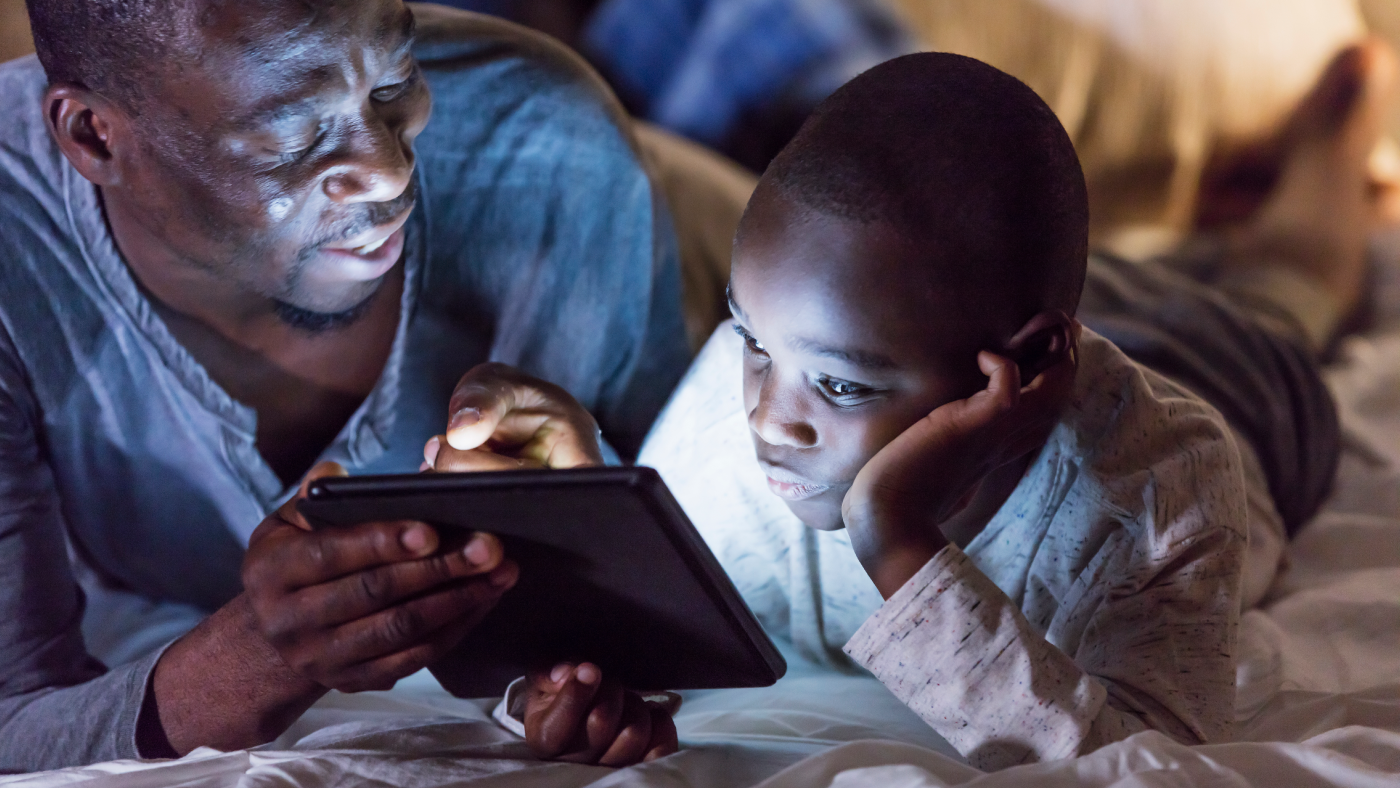Surviving in the New Digital Ecosystem
This presentation covers a variety of reports from the Pew Internet Project that are particularly relevant to librarians and those who provide information services.
This presentation covers a variety of reports from the Pew Internet Project that are particularly relevant to librarians and those who provide information services.
Eight in ten respondents who recently needed health information said they turned to a professional for advice.
The internet is living up to its potential as a major source for news about the presidential campaign. Nearly a quarter of Americans (24%) say they regularly learn something about the campaign from the internet, almost the double the percentage from ...
48% of internet users have been to video-sharing sites such as YouTube and the daily traffic to such sites on a typical day has doubled in the past year.
Barack Obama makes an early play for "YouTube moment of the 2008 campaign"
There are several major findings in this report. One is this: For help with a variety of common problems, more people turn to the internet than consult experts or family members to provide information and resources.
Where do you turn when you have a problem? Family and friends? Experts? Internet searches? Libraries?
We asked those and a variety of other questions on a recent survey and found some surprising things.
The practice of "googling" someone is becoming more widespread in today's search engine-driven world.
As is often the case when we release new reports, there are various cycles of commentary that help to deepen the discussion of the findings.
28% of online teens have blogs and blogging growth is almost entirely fueled by girls; Super communicators rise as email fades as a communication tool for teens

Roughly four-in-ten Americans have experienced online harassment. Growing shares face more severe online abuse such as sexual harassment or stalking.
Two-thirds of parents in the U.S. say parenting is harder today than it was 20 years ago, with many citing technologies, like social media or smartphones, as a reason.
From distractions to jealousy, how Americans navigate cellphones and social media in their romantic relationships.
Majorities of U.S. adults believe their personal data is less secure now, that data collection poses more risks than benefits, and that it is not possible to go through daily life without being tracked.


